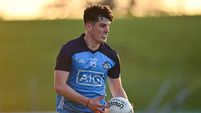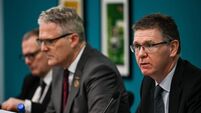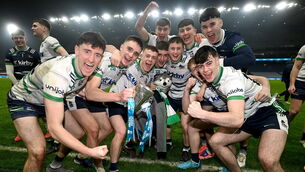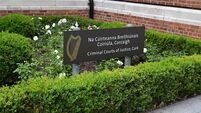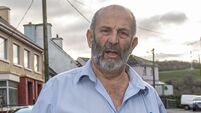BALLYEA: Clare senior hurling champions for the first time

‘2016 — the Ballyea Rising.’
It was here in this house some of the first and the most significant shots were fired. It’s here in this home where some of the key signatories of the Ballyea proclamation and revolution reside.







